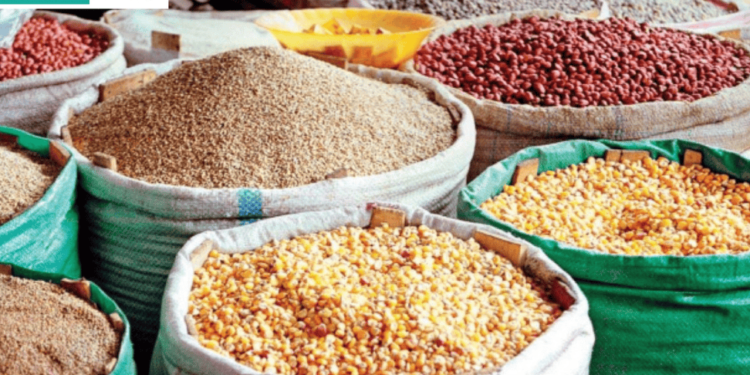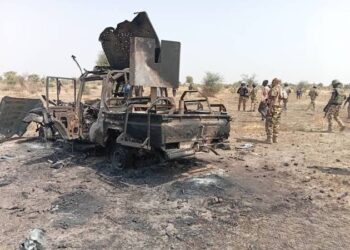According to the recent Cadre Harmonisé (CH) Report, 33.1 million people across 26 Nigerian states and the Federal Capital Territory (FCT) may face severe food and nutrition shortages between June and August 2025.
The October report, released in Abuja, is a collaboration between the UN Food and Agriculture Organization (FAO), the World Food Programme, Nigeria’s Federal Ministry of Agriculture and Food Security, and other partners.
Key states projected to face food crises include Sokoto, Zamfara, Borno, Adamawa, and several others in northern and central Nigeria, with some states in the south, like Cross River, Lagos, and Rivers, also affected. Approximately 25 million Nigerians are currently facing food crises, including over 500,000 internally displaced persons (IDPs) in Borno, Sokoto, and Zamfara.
FAO Country Representative Kouacou Koffy emphasized the urgent need for a coordinated response to address the country’s food insecurity, citing economic pressures, climate-related challenges (flooding and droughts), and ongoing insecurity as primary drivers.
He stated, “With concerted efforts from the government, stakeholders, and the international community, we can work toward alleviating hunger and supporting Nigeria’s vulnerable populations.”
Temitope Fashedemi, Permanent Secretary of the Federal Ministry of Agriculture, pledged the government’s commitment to applying the report’s findings to inform food security initiatives nationwide.





































